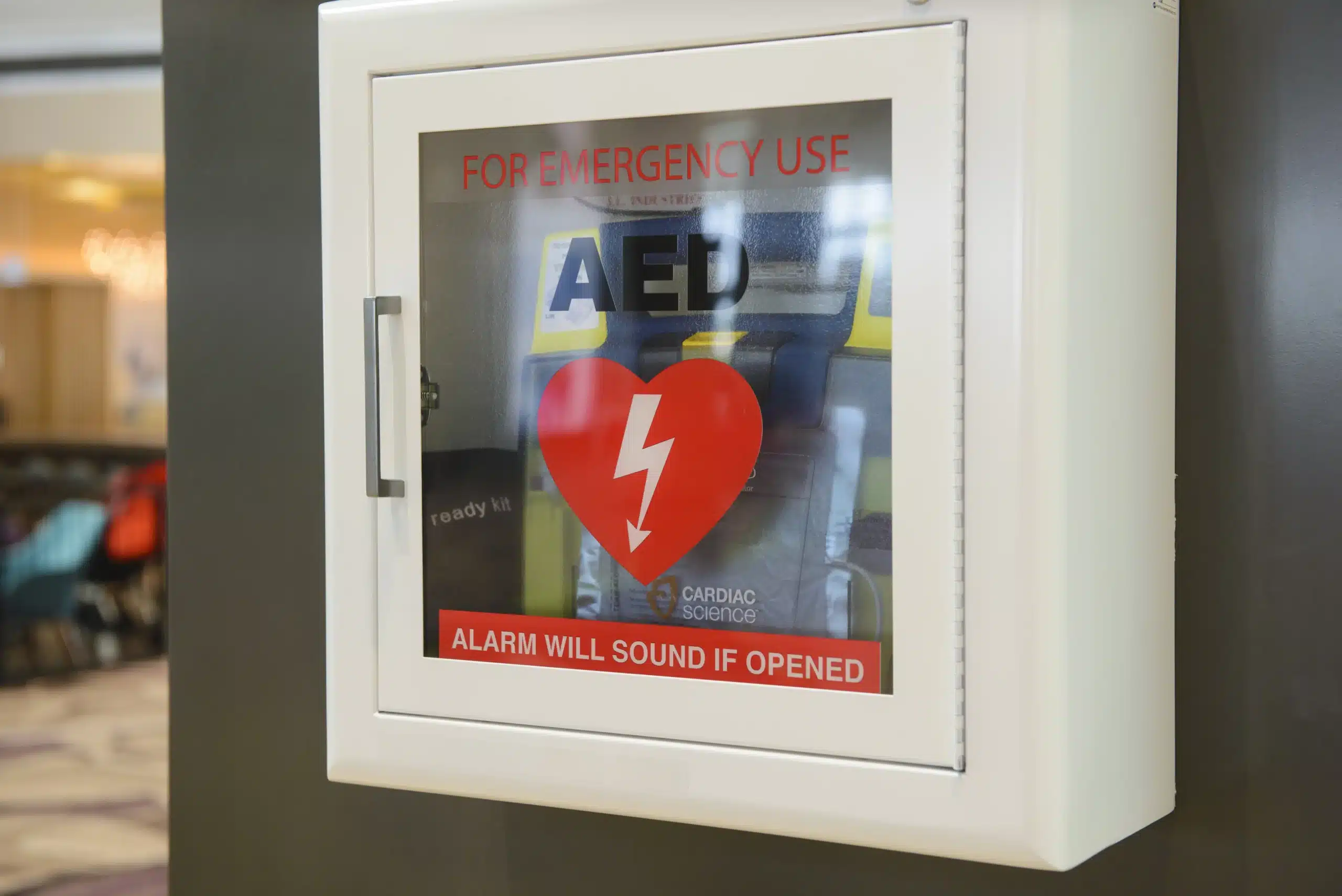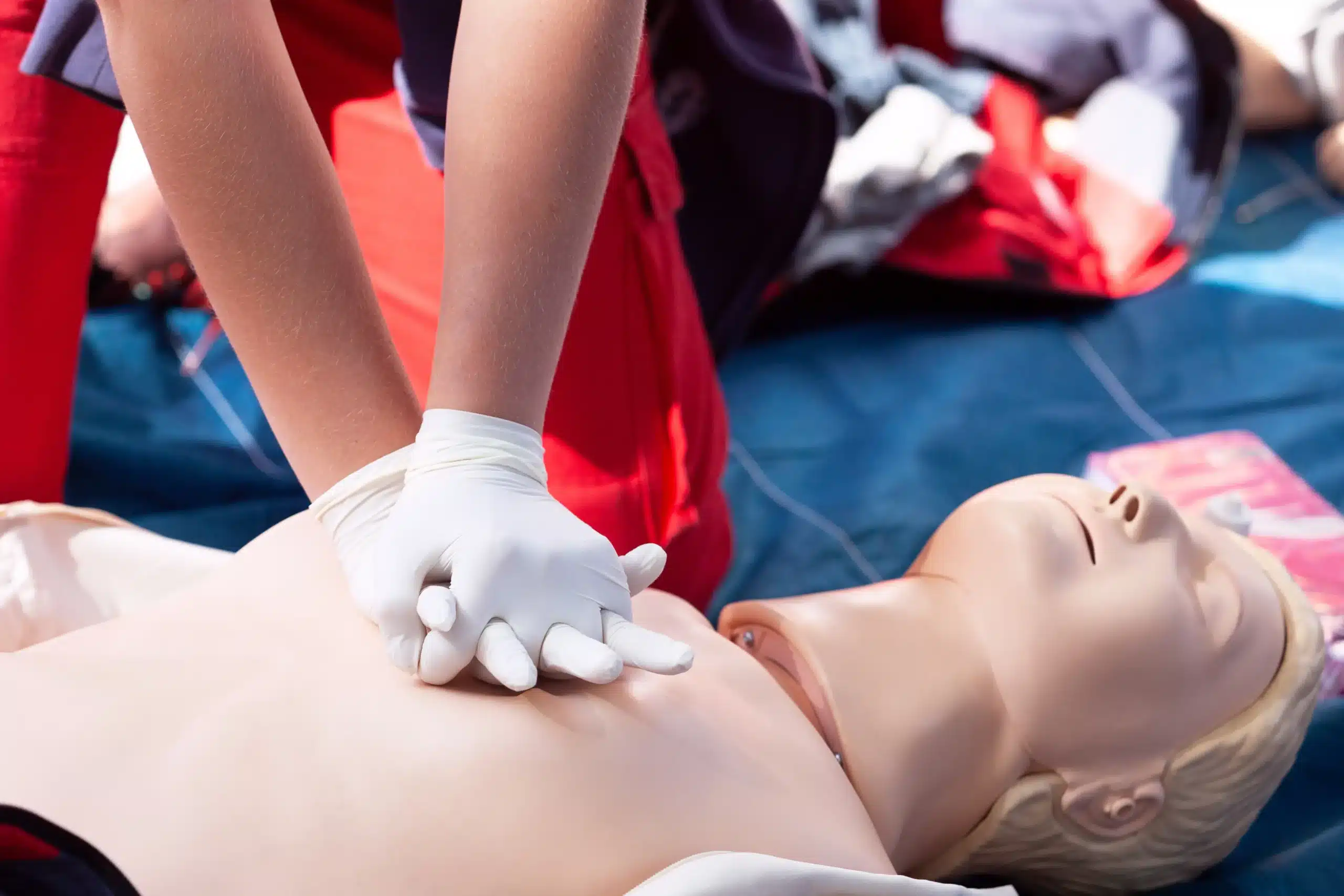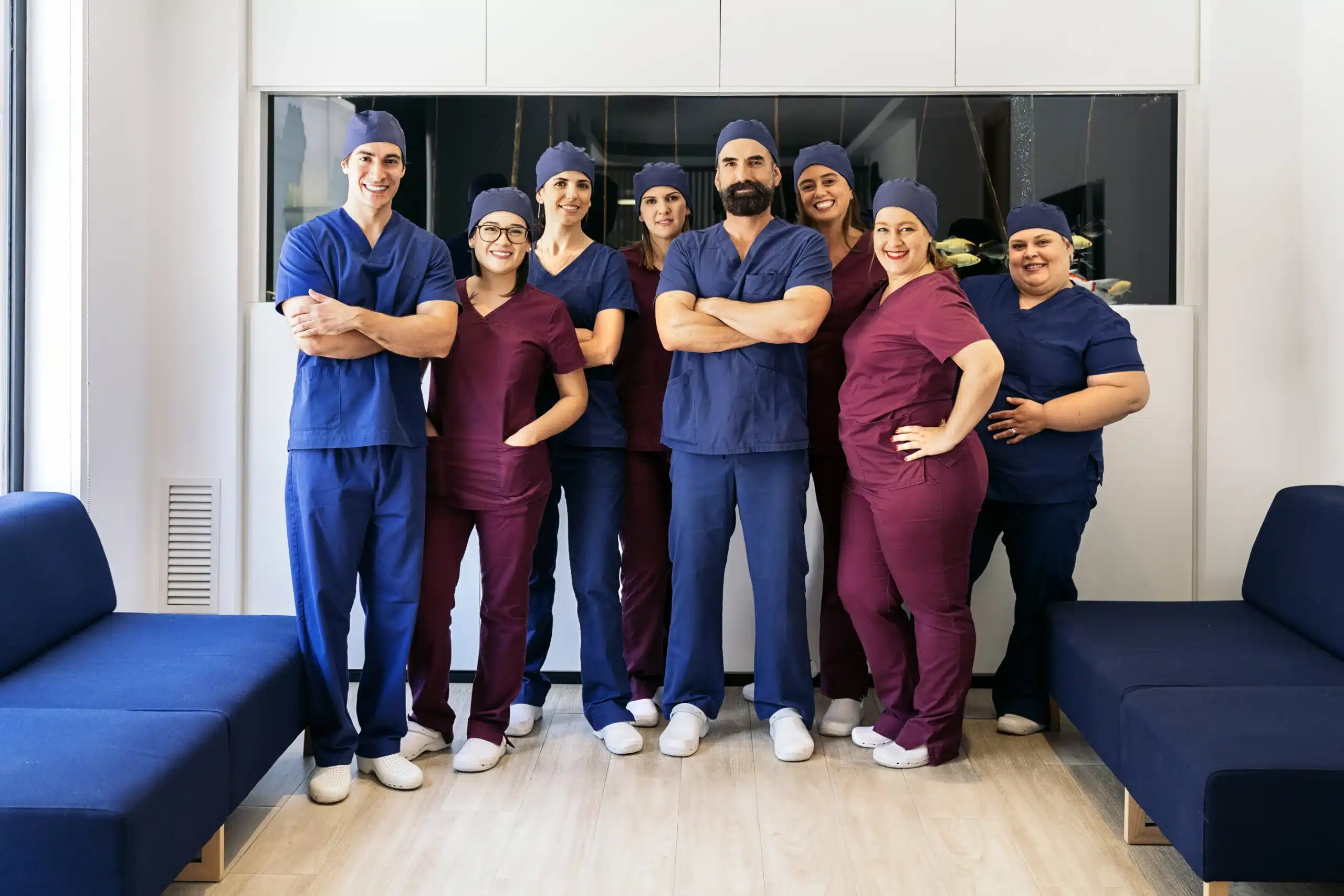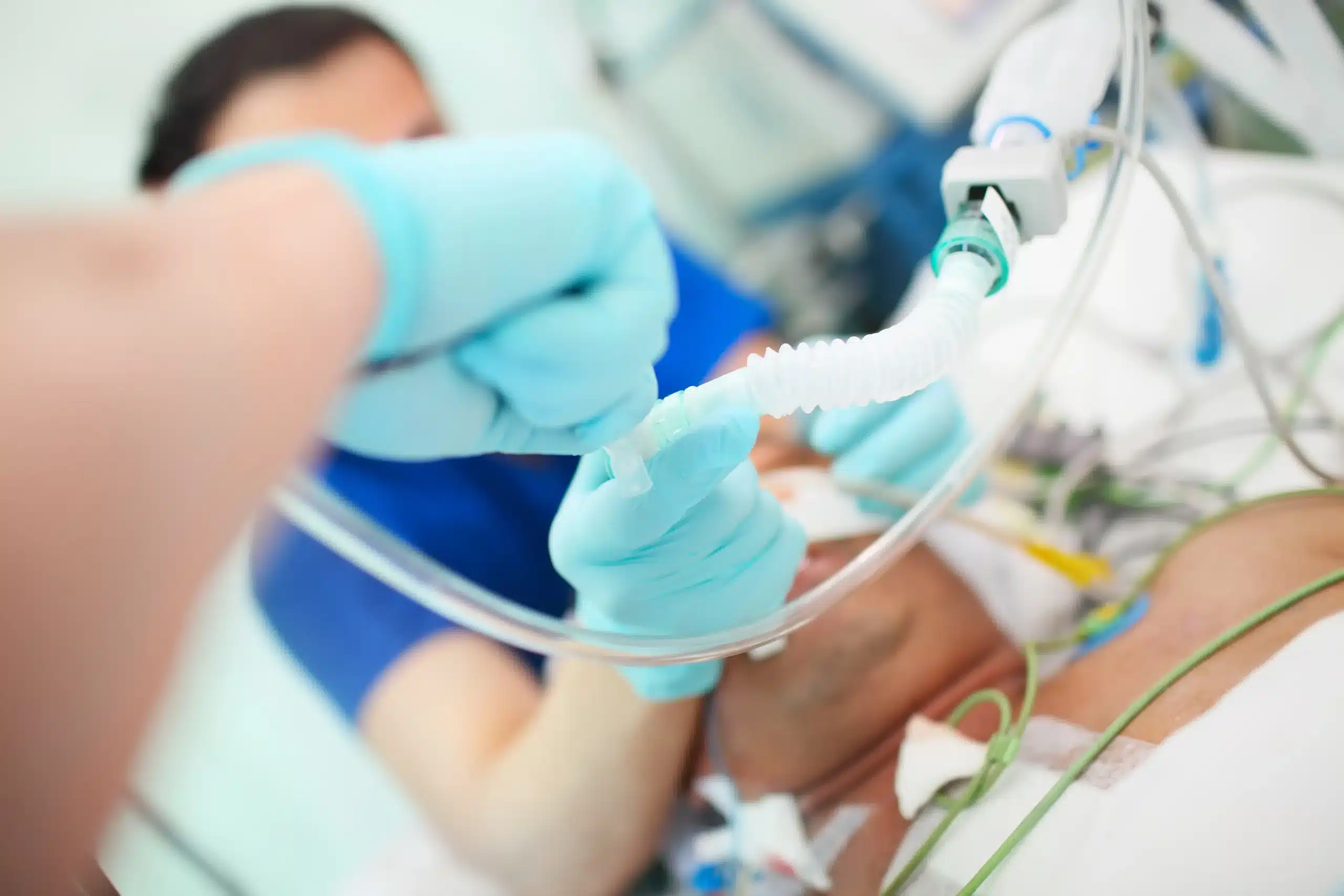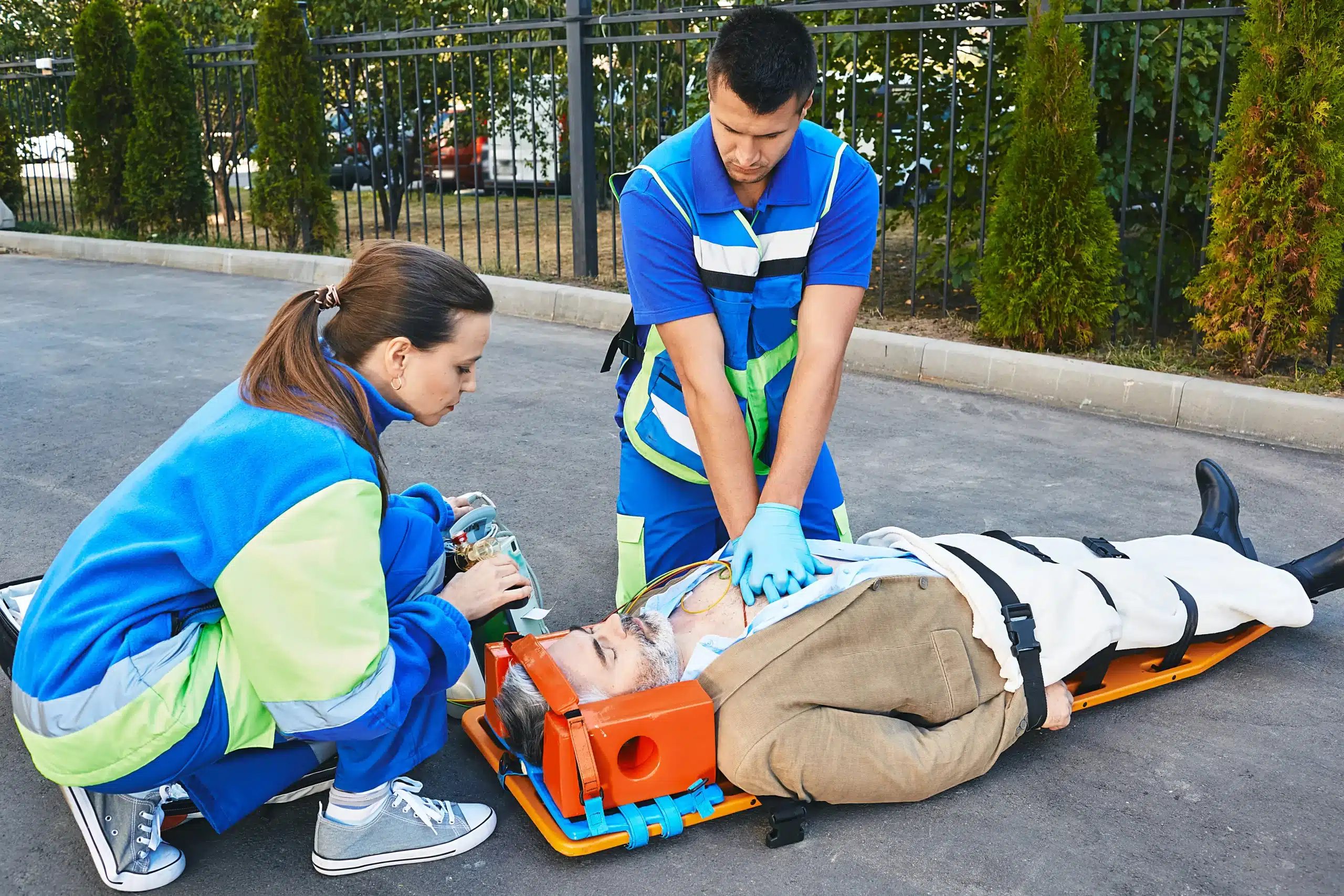Working in healthcare, you know seconds can matter in a cardiac emergency. That’s why Advanced Cardiovascular Life Support (ACLS) training is so vital. It equips you with the advanced skills to handle those critical moments, going beyond basic CPR to stabilize and manage patients effectively. This isn’t just about certifications; it’s about confidence, competence, and providing the best possible patient care. If you’re a healthcare provider in San Mateo looking to enhance your skills and stay up-to-date with the latest evidence-based practices, this post is for you. We’ll explore the ins and outs of American Heart Association ACLS courses in San Mateo, covering everything from course content and local providers to cost and scheduling. Let’s dive in and empower you to make a real difference in those crucial moments.
Key Takeaways
- ACLS is vital for healthcare professionals: It builds upon basic life support skills, providing advanced training to manage complex cardiac emergencies. This leads to better patient care and outcomes.
- Choose the right ACLS course: Consider factors like flexible scheduling, convenient locations in San Mateo, and a provider’s reputation. Hands-on practice and instructor feedback are key for effective learning.
- Prepare for your ACLS training: Completing pre-course work, reviewing study materials, and understanding the physical demands of the course contributes to a successful learning experience.
What is ACLS & Why Do Healthcare Professionals Need It?
Advanced Cardiovascular Life Support (ACLS) is a critical set of protocols designed to manage and treat life-threatening cardiovascular emergencies. It goes beyond basic CPR, equipping healthcare providers with the advanced knowledge and skills to stabilize patients during the first crucial moments of a cardiac arrest or other serious cardiovascular event. ACLS is a cornerstone of emergency care, essential for professionals like emergency room physicians, anesthesiologists, critical care nurses, and paramedics. These providers often face complex cardiac emergencies and need the specialized training that ACLS provides to deliver effective, timely interventions. ACLS training builds upon basic life support knowledge, preparing healthcare providers for these high-stakes situations.
Key ACLS Training Components
ACLS courses cover essential skills and knowledge, including airway management techniques, the proper administration of medications, and effective treatment strategies for various heart arrhythmias. Participants learn to recognize and manage respiratory and cardiac arrest, identify and treat acute coronary syndromes, and understand the importance of effective team dynamics during resuscitation efforts. Most ACLS courses require a current AHA BLS for Healthcare Providers certification before enrolling, ensuring a solid foundation in basic life support principles. This comprehensive approach ensures that healthcare professionals possess the expertise to handle diverse cardiovascular emergencies.
AHA Certification Benefits
Obtaining ACLS certification demonstrates a commitment to providing high-quality patient care and staying current with the latest advancements in emergency cardiovascular care. The training ensures healthcare providers remain updated with the latest evidence-based guidelines and best practices. This enhances their individual skills and contributes to improved patient outcomes and overall team performance in critical situations. For healthcare professionals in the Bay Area, Safety Training Seminars offers ACLS certification courses in convenient locations, making it accessible to maintain these vital skills.
ACLS Courses in San Mateo: What to Expect
This section covers what you’ll learn in an ACLS course and what you need to do before signing up. Understanding these aspects will help you feel prepared and confident going into your training.
Course Content & Skills
ACLS training equips healthcare providers with the advanced life support skills needed to manage complex cardiac emergencies. You’ll build upon your basic life support knowledge and gain practical experience in a range of critical areas. These include airway management, rhythm recognition, electrical therapies, and effective team dynamics during resuscitation scenarios. The course emphasizes a comprehensive approach, covering everything from initial assessment and diagnosis to treatment and post-resuscitation care. ACLS courses aren’t limited to specific specialties. Doctors, nurses, paramedics, respiratory therapists, and other healthcare professionals can all benefit from this training.
Enrollment Prerequisites
Before you enroll in an ACLS course in San Mateo, you’ll need a current American Heart Association (AHA) Basic Life Support (BLS) for Healthcare Providers certification. This prerequisite ensures you have the foundational knowledge necessary to succeed in the advanced concepts covered in ACLS. If your BLS certification is about to expire, or if you need to get certified, check out the BLS courses offered by Safety Training Seminars in San Mateo. They offer convenient schedules and locations to fit your needs.
Top San Mateo ACLS Providers
Finding the right ACLS course provider is crucial for a positive and effective learning experience. Here are some of the top ACLS providers in San Mateo:
Safety Training Seminars
Safety Training Seminars offers a range of American Heart Association (AHA) certification courses, including BLS, ACLS, PALS, and First Aid. They focus on providing comprehensive training in life-saving techniques for both healthcare professionals and the general public. Located at 428 Peninsula Ave, Suite B, San Mateo, their convenient location makes it easy for local residents to access their training. Safety Training Seminars is committed to excellent customer service and offers a low price guarantee, ensuring affordable and valuable training. They are also active members of the San Mateo Chamber of Commerce.
Bay Area CPR
Bay Area CPR provides various ACLS courses in San Mateo, adhering to AHA guidelines. Geared towards healthcare providers, their training covers advanced cardiovascular life support techniques and other essential skills. They incorporate hands-on practice and real-life scenarios into their courses to prepare participants for emergencies. Learn more about their San Mateo courses. Bay Area CPR is known for its experienced instructors and supportive learning environment.
Stanford Health Care
Stanford Health Care, renowned for its commitment to healthcare education, offers comprehensive ACLS training in the San Mateo area. Their courses are up-to-date with the latest AHA guidelines and designed for healthcare professionals seeking to maintain their certification or enhance their emergency response skills.
San Mateo Medical Center
San Mateo Medical Center provides ACLS courses focused on equipping healthcare professionals with the skills to manage cardiac emergencies. Their training aligns with AHA standards and aims to improve patient outcomes through effective emergency care. The center is dedicated to community health and offers various educational programs to support local healthcare providers.
Course Schedules & Locations
Finding an ACLS course that fits your busy schedule shouldn’t be a hurdle. We understand that healthcare professionals juggle demanding work hours, family commitments, and ongoing education. Convenient scheduling and accessible locations are key.
Flexible Timing
Classes are available daily, from 8 am to 10 pm, providing ample opportunities to find a time that works for you. Whether you’re an early bird or a night owl, you can access the ACLS training you need. This flexibility ensures you can maintain your professional development without disrupting your existing commitments. Check with your chosen provider for specific course times and availability. Safety Training Seminars often posts their updated schedule online.
Convenient San Mateo Training Centers
Safety Training Seminars, a woman-owned American Heart Association (AHA) Training Center, offers various certification courses, including BLS, ACLS, PALS, CPR, and First Aid. With locations throughout the Bay Area, including San Mateo, they make it easy for professionals in the region to access high-quality ACLS certification courses. This localized approach eliminates the need for extensive travel and allows you to train in a familiar and supportive environment. You can find convenient training centers in San Mateo, Daly City, and Millbrae, serving the broader San Mateo County area. For those seeking more options, explore other providers like Bay Area CPR or check with hospitals such as Stanford Health Care and San Mateo Medical Center for their course offerings. Many hospitals offer ACLS certification on-site for their staff and sometimes even open these courses to the public.
ACLS Course Costs & Value
When considering an ACLS course, understanding the cost and the value you receive is essential. This section breaks down pricing considerations and highlights potential discounts and promotions for ACLS courses in San Mateo.
Pricing
The cost of your ACLS course or renewal depends on a few factors. The training center, course format (online, in-person, or blended learning), and whether you’re pursuing initial certification or recertification all influence the final price. Providers like Advanced Medical Certification offer ACLS courses at various price points, so comparing options is worthwhile. In-person courses often include hands-on training with experienced instructors, which can be a factor in the overall cost. Online or blended learning options may offer more flexibility and potentially lower costs. Remember to factor in any additional costs, such as study materials or exam fees when comparing providers.
Discounts & Promotions
Many training centers offer discounts and promotions, making ACLS courses more accessible. Safety Training Seminars, for example, focuses on providing high-quality training at competitive prices with classes offered daily throughout San Mateo and surrounding areas. As a woman-owned AHA Training Center, they often have special offers, so checking their website for current promotions is a good idea. Group discounts may be available if you’re registering with colleagues, and some providers offer discounts for early registration or bundling multiple courses. Inquiring directly with the training center about any current discounts is always recommended to secure the best possible price. Prioritize providers who offer both quality training and affordability, such as those with a low price guarantee.
ACLS Certification: Process & Validity
This section clarifies the process of obtaining your ACLS certification, including exam requirements and how you receive your eCard. We’ll also cover important information about renewal to maintain your certification’s validity.
Exam Requirements
Before you enroll in an ACLS course, you must have a current American Heart Association (AHA) Basic Life Support (BLS) for Healthcare Providers certification. This isn’t just a formality; ACLS builds upon the foundational skills you gained in your BLS training, preparing you to handle complex cardiac emergencies. Think of BLS as your foundation, with ACLS as the next level where you’ll develop advanced life support techniques like airway management and electrical therapies—essential skills for any healthcare provider in urgent situations.
eCard: Issuance & Renewal
Once you successfully complete your ACLS course with Safety Training Seminars, you’ll receive your certification card (eCard) that same day. This allows you to quickly demonstrate your qualifications. However, ACLS certification requires recertification to ensure you stay current with the latest advancements in ACLS care and protocols. This ensures you’re always prepared to provide the best possible patient care. Check with your employer or the AHA for specific recertification requirements and timelines. You can also explore our convenient RQI programs for efficient renewal.
Prepare for Your ACLS Course
Getting ready for your ACLS course involves a few key steps. Understanding these will help you feel confident and prepared on the day of your training. Here’s what you need to know:
Online (RQI) Requirements
Most ACLS courses require an online portion (RQI) that must be completed before your in-person skills session. This usually takes around 3–4 hours. Check with your chosen provider, Safety Training Seminars, for specific details about their RQI requirements. Completing this online component ahead of time allows you to focus on the hands-on skills practice during the in-person session.
Study Materials & Resources
ACLS training equips you with advanced life support skills, from airway management to electrical therapies. It builds upon basic life support knowledge to prepare healthcare providers for complex cardiac emergencies. You can find helpful resources and study materials from organizations like the American Heart Association. Reviewing these materials beforehand will give you a solid foundation for the course content. For a preview of what to expect, take a look at this overview from Daly City CPR Classes.
Tips for Success
Want to maximize your chances of success? Watching any pre-course videos offered by your provider can significantly increase your likelihood of passing the skills test. Also, remember that CPR training involves physical activity. It’s a good idea to assess your physical capabilities beforehand and be prepared for the demands of the course. Safety Training Seminars offers guidance on preparing for the physical aspects of the training. Being well-rested and hydrated on the day of your course will also contribute to your success.
ACLS Course Misconceptions
It’s easy to get confused about Advanced Cardiovascular Life Support (ACLS) training, especially if you’re new to the field or exploring advanced certifications. Let’s clear up some common misconceptions.
Who Needs ACLS Training?
One frequent misconception is that ACLS certification is only for doctors. In reality, ACLS training is valuable for a wide range of healthcare providers who encounter cardiac emergencies. Think nurses, paramedics, respiratory therapists, and other professionals who play a role in emergency response. If you’re regularly involved in situations requiring advanced cardiac life support techniques, ACLS training is likely beneficial. Anyone who might respond to a cardiac emergency can gain essential skills from an ACLS course.
ACLS vs. Basic CPR
While both are essential for life support, ACLS and basic CPR have distinct roles. Basic CPR focuses on immediate life-saving interventions like chest compressions and rescue breaths. ACLS training builds upon this foundation, equipping you with the skills to manage complex cardiac emergencies. This includes administering medications, advanced airway management, and recognizing and treating heart arrhythmias. Think of it this way: CPR is the first step, while ACLS provides the advanced tools and knowledge to handle more complicated situations. If you’re considering expanding your skillset beyond basic life support, understanding the difference between CPR and ACLS is crucial. For more information, check out these resources on common misconceptions about ACLS and ACLS certification.
Benefits of Local San Mateo ACLS Providers
Choosing a local ACLS provider in San Mateo offers distinct advantages, especially when it comes to hands-on learning, immediate feedback, and collaborative training. These elements are crucial for mastering the complex skills and knowledge required for Advanced Cardiovascular Life Support.
Hands-on Skills Practice
ACLS certification goes beyond textbook knowledge. It’s about developing practical skills to manage real-life emergencies. Local San Mateo ACLS courses, like those offered by Safety Training Seminars, emphasize hands-on training. You’ll practice essential skills—from airway management and intravenous (IV) line insertion to electrocardiogram (ECG) interpretation and administering medications—in a controlled environment. This practical experience builds confidence and competence, preparing you to respond effectively under pressure.
Immediate Instructor Feedback
One of the greatest benefits of in-person ACLS training is the opportunity for immediate instructor feedback. Local courses provide direct interaction with experienced instructors who can offer personalized guidance and address your specific questions. This real-time feedback is invaluable for refining your technique and solidifying your understanding of complex concepts. In-person training allows for immediate feedback and clarification on complex topics.
Collaborative Learning
ACLS emphasizes teamwork and communication. Local San Mateo ACLS courses create a collaborative learning environment where you can interact with other healthcare providers. You’ll learn from each other’s experiences, practice team dynamics, and develop communication skills essential for effective emergency response. This collaborative approach enhances your learning experience and prepares you to work seamlessly as part of a resuscitation team. ACLS training is relevant for a wide range of healthcare professionals, making diverse, local classes even more beneficial.
How ACLS Training Improves Patient Care
Advanced Cardiovascular Life Support
ACLS certification goes beyond basic CPR. It equips healthcare providers with the advanced skills needed to manage complex cardiac emergencies, including administering medications, advanced airway management, and treating heart arrhythmias. This comprehensive training empowers professionals to make quick, informed decisions, potentially saving lives during critical moments. While CPR is a foundational element of basic life support, ACLS builds upon this foundation, providing a deeper understanding of cardiovascular emergencies and the most effective treatment strategies. This advanced knowledge translates to improved patient outcomes and a higher standard of care. For more details on BLS and how it complements ACLS, check out our BLS course information.
Team Dynamics & Communication
Effective teamwork is crucial in high-pressure medical situations. ACLS training emphasizes clear communication and coordinated responses within a medical team. It fosters a collaborative environment where healthcare professionals, regardless of their specific roles—from doctors and nurses to paramedics and EMTs—can work together seamlessly. This improved communication minimizes errors, streamlines treatment processes, and ultimately contributes to better patient care. Since paramedics and EMTs often initiate life-saving interventions before reaching the hospital, ACLS training is essential even outside traditional hospital settings. This highlights the broad applicability of ACLS and its importance for various healthcare providers. Learn more about how our ACLS courses can prepare you for these critical team interactions.
Related Articles
- ACLS Courses in San Mateo: The Complete Guide – San Mateo CPR Classes
- Your Guide to Online ACLS Courses in San Mateo – San Mateo CPR Classes
- Find ACLS Renewal Courses Near Me – San Mateo CPR Classes
- Online ACLS Courses Near Me: Your Certification Guide – San Mateo CPR Classes
- AHA ACLS Classes in San Mateo, CA – San Mateo CPR Classes
Frequently Asked Questions
What is the main difference between BLS and ACLS? BLS (Basic Life Support) focuses on immediate life-saving techniques like CPR and using an AED. ACLS (Advanced Cardiovascular Life Support) builds on those skills, adding advanced techniques for managing complex cardiovascular emergencies, such as administering medications and managing airways. Think of BLS as the foundation and ACLS as the next level of expertise.
Who should consider taking an ACLS course? While doctors certainly benefit from ACLS training, it’s not just for physicians. Nurses, paramedics, respiratory therapists, and any healthcare provider involved in responding to cardiac emergencies should consider ACLS certification. It equips you with the advanced skills needed to handle complex situations and work effectively within a team.
What can I expect during an ACLS course? Expect a combination of interactive learning, hands-on practice, and real-world scenarios. You’ll build upon your existing BLS knowledge and learn advanced techniques like airway management, rhythm recognition, and electrical therapies. Most courses also include an online component that you’ll need to complete before attending the in-person skills session.
How do I choose the right ACLS provider in San Mateo? Look for providers like Safety Training Seminars that offer comprehensive training aligned with American Heart Association guidelines. Consider factors like location, schedule flexibility, instructor experience, and cost. Reading reviews and comparing what different providers offer can help you make the best choice for your needs.
How long is ACLS certification valid, and how do I renew it? ACLS certification is typically valid for two years. You’ll need to recertify to stay current with the latest guidelines and maintain your skills. Many providers offer renewal courses, including convenient online options like RQI programs, to make recertification straightforward. Check with your chosen provider or the American Heart Association for specific renewal requirements.
